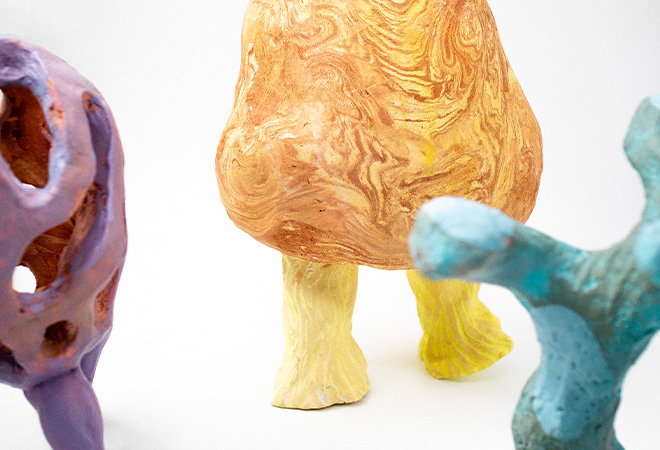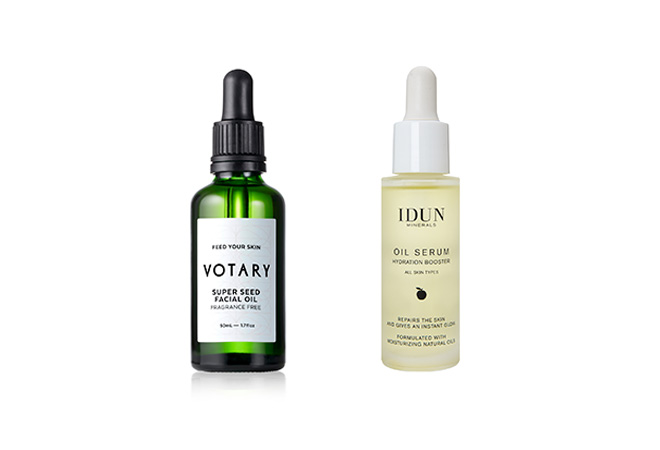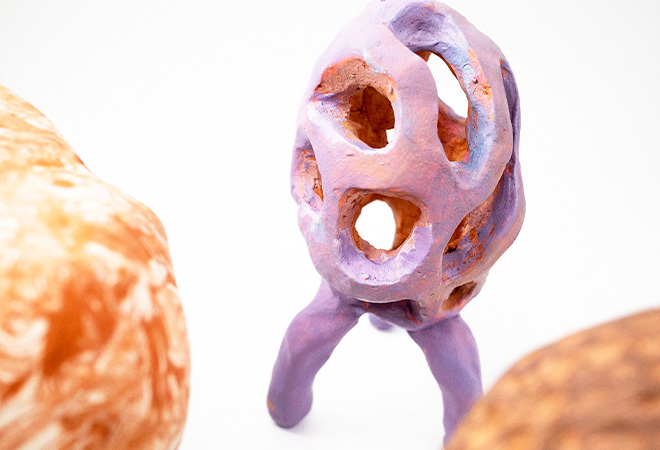Microbiome skin care beauty has been quietly gaining traction for years, but has finally reached a tipping point, becoming more than a buzzword. The microbiome cosmetics market is projected to grow with a CAGR value of around 7.5 percent between 2021 to 2026. An understanding that the skin microbiome is fundamental to the health of our skin has replaced the concept that the skin's outer layer, the stratum corneum, is simply a layer of dead cells to be sloughed off. While it’s not a new concept, this dimension of skincare has taken on more importance, giving rise to a slew of new brands focused on maintaining the delicate balance of the skin's unique ecosystem of bacteria, fungi, and viruses.
The clean beauty movement has come under attack for its lack of scientific substantiation. While microbiome skin care beauty is grounded in science—the evidence collected thus far points to the skin microbiome playing a major role in maintaining healthy skin—current claims are relatively unsubstantiated. Testing is expensive and time consuming, and there are currently no dedicated global regulations or requirements that govern skincare products or ingredients intended to work specifically with the skin's microbiome.



Kind to Biome is tackling this problem, developing an independent mark. The Kind to Biome mark of approval provides consumers with dependable third-party assurance for the skin microbiome-gentleness of products. The mark provides a framework for skincare brands to make sense of microbiome claims and claims substantiation. To drive large-scale change, an in vitro protocol has been developed that can be done quickly and inexpensively, taking the full formulation of the product and its impact on the skin microbiome into account.
Kind to Biome believes that skin microbiome-gentleness can and should be a baseline standard for all skincare products regardless of their brand concept. David Koo Hjalmarsson, Chairman of the Board and co-founder of Kind to Biome, and his team have made it their mission to make all new skincare products skin microbiome-gentle within the next 5 years.
Based on discussions with numerous personal care and cosmetics brands focused on making skin microbiome-gentle products, Hjalmarsson said, "In business terms, skin microbiome-gentle products are no longer for ‘early adopters.’ As scientists continue to gain knowledge about the importance of the microbiome on the health of the skin, consumers do, too. And they are demanding that products are kind to their skin microbiome."
Like organic, natural, and clean before it, biome skin care is a trend that is rapidly turning into a category. However, microbiome-gentleness doesn't simply have to apply to microbiome-focused brands and products.
Hjalmarsson believes, "Not only products with pre-, pro, and post-biotics (ingredients that "connect" to the skin microbiome) can be skin microbiome-friendly, there [are] many other ingredients that influence the skin microbiome-friendliness of products. Preservatives, fragrances, essential oils, surfactants, and pH levels are all examples of ingredients and formula parameters that can affect the skin microbiome. In that vein, all products, regardless of their concept, can be skin microbiome-friendly."
Hjalmarsson continued, "The skin microbiome is an exciting new field of research, and, at this early stage, scientists will agree on one thing: apart from understanding that it plays an important role for skin health, we still know very little about the skin microbiome."
He is prepared for some backlash, "We will probably receive criticism from some scientists working at the very forefront of this science (which we very much welcome by the way); but the goal here is to significantly increase the level of skin microbiome-gentleness across an entire industry, which is possible with our protocol. As time goes by, we will understand the skin microbiome better, the cost of technology will go down, and we will be able to raise the industry baseline again."
Although a third-party skin microbiome-friendly mark of approval like Kind to Biome is not a necessity, consumers have become accustomed to shopping by seals and certifications.